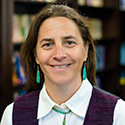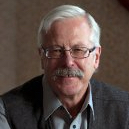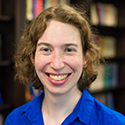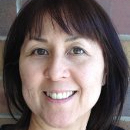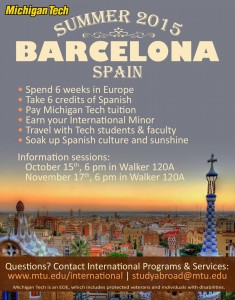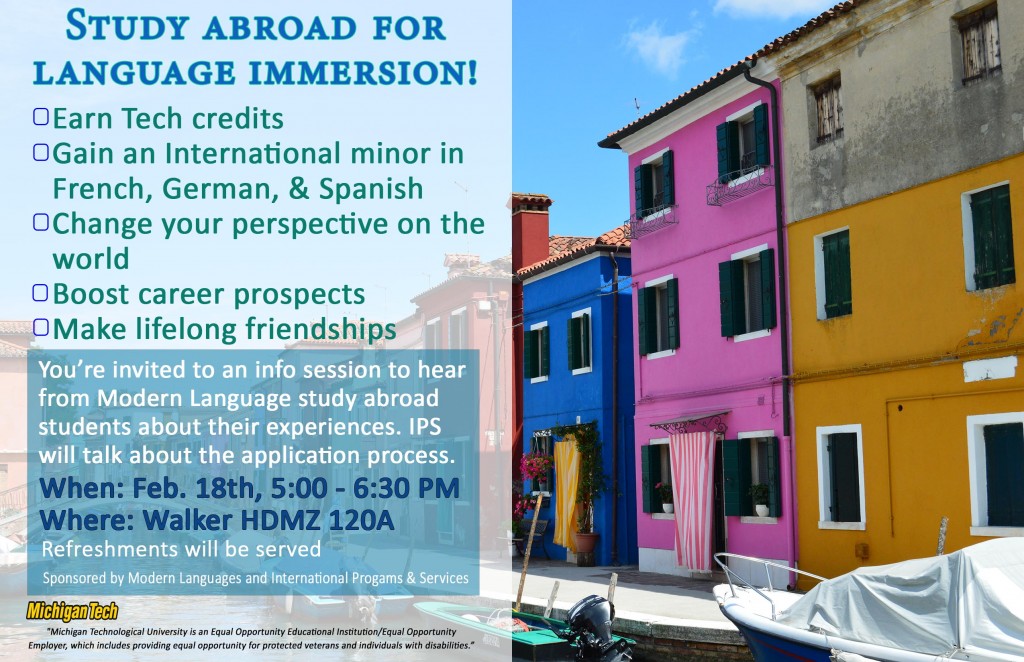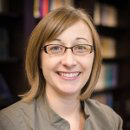 The Humanities Department’s Rhetoric, Theory and Culture 2014-15 Colloquium Series is pleased to welcome Gareth Williams, Professor of Spanish and Latin American and Caribbean Studies at the University of Michigan. Professor Williams’ talk is entitled “2666, or The Novel of Force.” It will take place on Friday, April 3rd, at 5 pm, in Forestry G002 (refreshments will be available). All are welcome!
The Humanities Department’s Rhetoric, Theory and Culture 2014-15 Colloquium Series is pleased to welcome Gareth Williams, Professor of Spanish and Latin American and Caribbean Studies at the University of Michigan. Professor Williams’ talk is entitled “2666, or The Novel of Force.” It will take place on Friday, April 3rd, at 5 pm, in Forestry G002 (refreshments will be available). All are welcome!
Here is the abstract for Professor Williams’ talk:
Upon the Nazi invasion of France in 1940, Simone Weil penned one of her most renowned essays dealing with the relation between force and the foundation of the city, titled “The Iliad, or the Poem of Force”. Roberto Bolaño’s 2004 novel 2666 is a fictionalized attempt to approach the murder of hundreds of working class women in and around the city of Santa Teresa (Ciudad Juárez) in the deserts of northern Mexico from the 1990s to the present. The novel also offers a sustained reflection on the double originality of the political, that is, the constitutive relation between reason and force. At the heart of the novel’s aesthetic is the questioning of the relation between war as the register and experience of the everyday and the contemporary grasped as (im)possible metaphorization, which in turn raises the question of what is possible in literature, in life, in the face of death.
Professor Williams is the author of The Other Side of the Popular: Neoliberalism and Subalternity in Latin America (2002), The Mexican Exception: Sovereignty, Police, and Democracy (2011), and numerous articles examining the relation between cultural history, literature, and political philosophy. He is one of today’s key thinkers about Latin American politics and culture.
For more information, please contact Marcelino Viero-Ramos.
Photo credit: Shaul Schwarz for The New York Times
